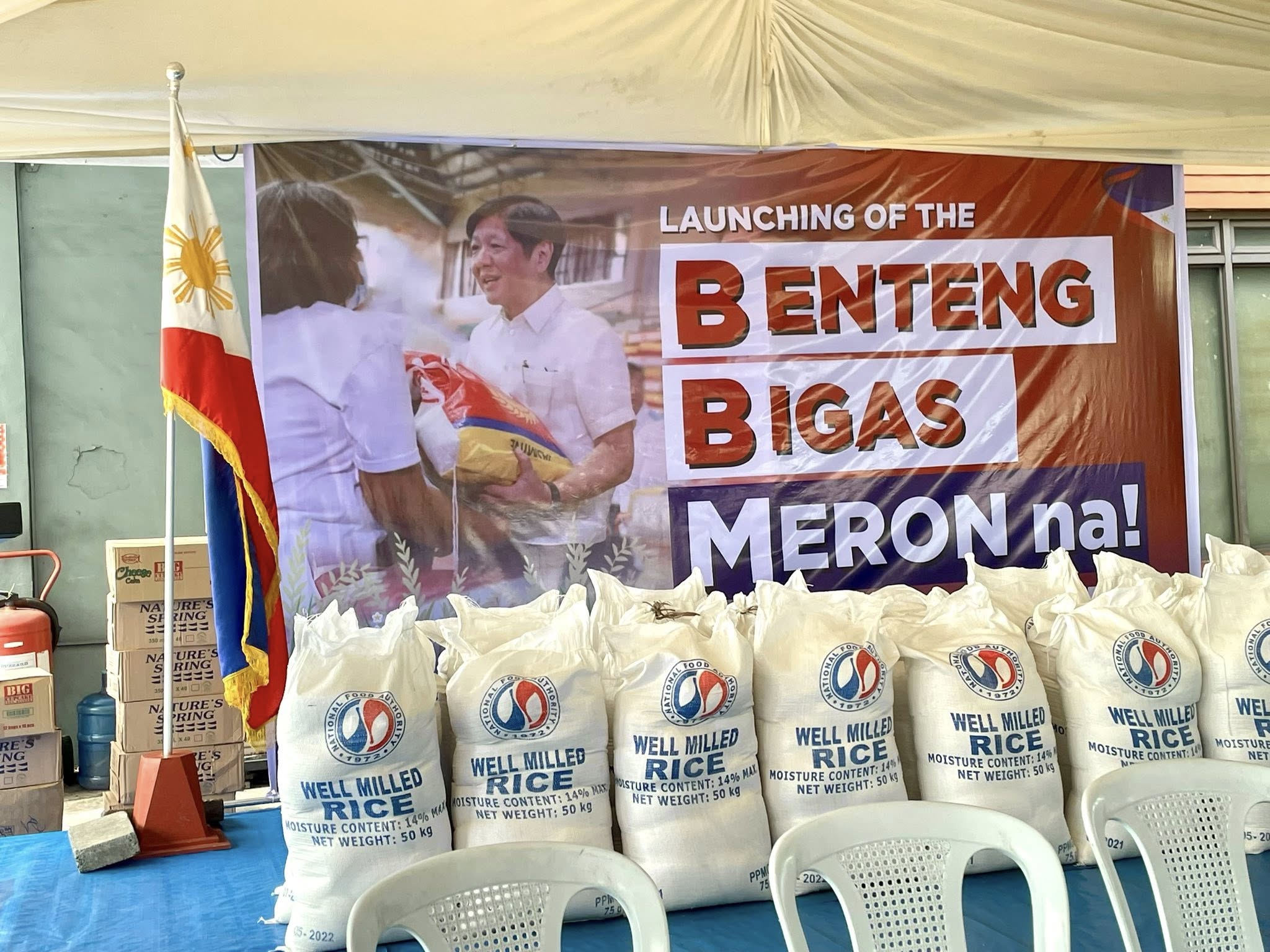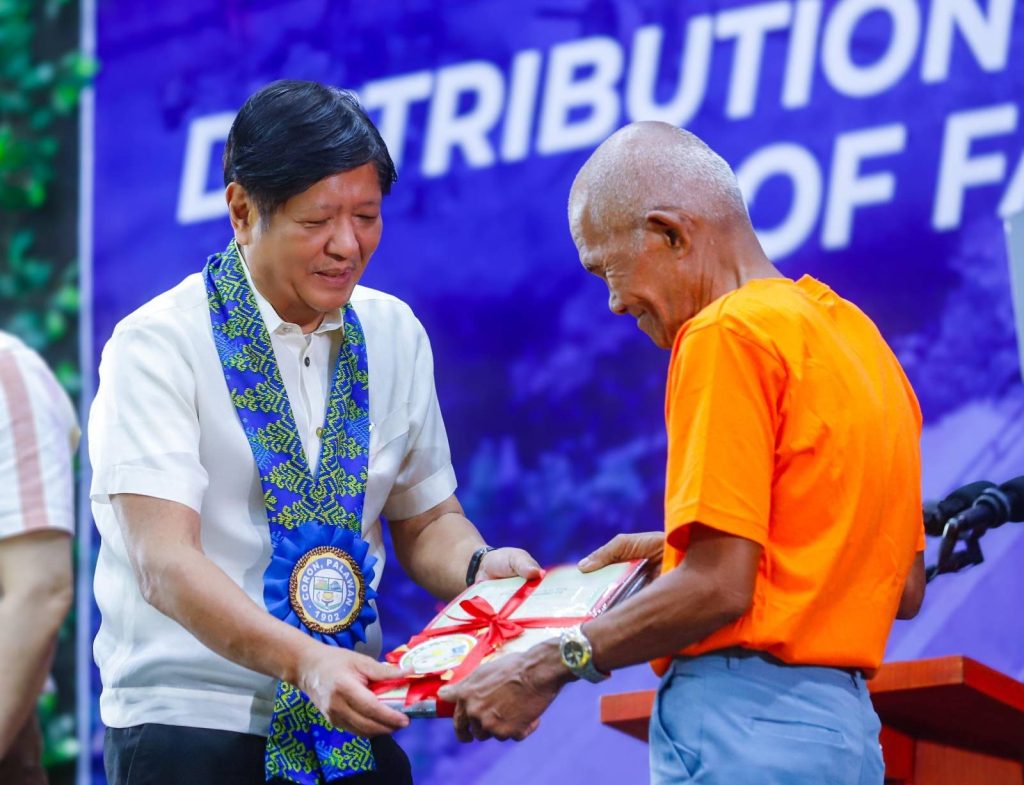
By Brian Campued
Vowing to give his all in the last three years of his administration, President Ferdinand R. Marcos Jr. vowed to expand programs and initiatives on agriculture aimed at attaining food security while ensuring support to farmers and fisherfolk.
In his fourth State of the Nation Address (SONA) at Batasang Pambansa on Monday, Marcos highlighted the successful rollout of the “Benteng Bigas Meron (BBM) Na” Program across the country, promising to bring the P20-per-kilo rice in more areas with the expansion of Kadiwa ng Pangulo outlets.
D.A. first launched the BBM Na Program in Cebu on May 1, which has then been expanded in various localities nationwide through Kadiwa stores and made available to the vulnerable sector such as indigents, senior citizens, solo parents, persons with disabilities, beneficiaries of social protection programs, and minimum wage earners.

The supply for the rice sold at P20/kg comes from aging but good quality stocks of the National Food Authority (NFA), which are purchased from local farmers.
“Napatunayan na natin na kaya na natin ang bente pesos sa bawat kilo ng bigas, nang hindi malulugi ang ating mga magsasaka,” he noted, adding that the government will allocate P113 billion to improve the programs of the Department of Agriculture (D.A.) to sustain the P20 rice initiative.
The President also vowed to continue the crackdown on unscrupulous traders who would manipulate the prices of rice and other agricultural commodities through the Anti-Agricultural Economic Sabotage Act, which he signed last year.
Support to farmers, fisherfolk, hog raisers
The government is also ramping up its efforts to boost the production of various agricultural products such as palay, corn, pineapple, banana, mango, coffee, cacao, calamansi, sugarcane, onions, and garlic.
This is on top of other government interventions aimed at supporting farmers and fisherfolk, including establishing farm-to-market roads and irrigation systems, providing machinery, and constructing Rice Processing System and other modern facilities.
“Lalo pa natin paiigtingin ang mga programa ng pamahalaan para mas marami pa ang matutulungan… Lahat ng ito ay sumusuporta sa kanila mula paghahanda, sa pagpunla, pag-ani, pagbiyahe, hanggang sa pagbenta,” Marcos Jr. said.
To cushion the impact of rising pork prices due to the spread of African swine fever (ASF) among hog farms, the President stressed that vaccination against ASF will be expanded, and building of biosecure facilities is underway.
He said the government would also strengthen local production by distributing piglets and sows.

He added that the Department of Agrarian Reform (DAR) is also disbursing Certificates of Land Ownership Award (CLOAs), e-titles, and Certificates of Condonation with Release of Mortgages (COCROMs) for agrarian reform beneficiaries, ensuring that future farmers will finally own farmlands.
“Naghihintay din sa ating kabataan ang mga kurso, programa, at mga scholarships sa larangan ng agrikultura upang ito ay kanilang gawing hanapbuhay balang araw, at maipapagpatuloy ang marangal na kabuhayan ng kanilang mga magulang.”
For coconut farmers, Marcos announced that starting this year, around 15 million hybrid coconuts and high-quality seedlings will be planted across the country—underscoring that the coconut industry is a main source of livelihood for millions of Filipinos.
“At itutuloy natin ito hanggang 100 milyong puno na ng niyog ang ating maitatanim sa buong Pilipinas,” he said.
He likewise asked Congress to amend the Coconut Farmers and Industry Trust Fund Act, signed into law in 2021, to address the needs of coconut farmers and boost the industry.
“Bahagi lamang ito ng ginagawa nating malawakang pagpapalakas ng iba’t iba pang mga industriya, kasama dito ang industriya ng asin, pagpoproseso, pag-export ng niyog,” the President added.
-jpv
